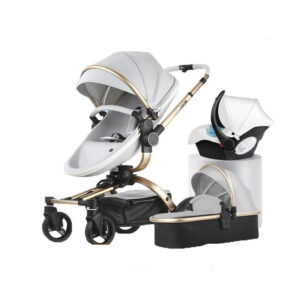AUDIENCE: Patient, Health Care Professional, Pharmacy, Pediatrics
ISSUE: The FDA is revising the labeling of all extended-release stimulants indicated to treat attention-deficit/hyperactivity disorder (ADHD) – including certain formulations of amphetamine and methylphenidate – to warn about the risk of weight loss and other adverse reactions (side effects) in patients younger than 6 years taking these medications.
The FDA is requiring a Limitation of Use section in the prescribing information of all extended-release stimulants that includes a statement about the higher plasma exposures and higher rates of adverse reactions in children younger than 6 years. Manufacturers of extended-release stimulants that do not have a Limitation of Use section in the labeling will be required to add one about this risk. Manufacturers of extended-release stimulants that already have a Limitation of Use section will be required to revise the labeling to ensure consistent messaging across the drug class.
Although extended-release stimulants are not approved for children younger than 6 years, health care professionals can prescribe them “off label” to treat ADHD.
BACKGROUND: Extended-release stimulants are prescription drugs, including certain formulations of amphetamines and methylphenidate, that are primarily used to treat attention-deficit/hyperactivity disorder (ADHD) as first-line (initial) therapy. ADHD is a common childhood disorder that affects the ability to pay attention, follow directions, and complete tasks.
RECOMMENDATIONS:
For Patients and Guardians
-
If parents or guardians notice weight loss in their child taking an extended-release stimulant for ADHD, they should contact their pediatrician or other health care professional to discuss whether the benefits of continued treatment outweigh the risks.
-
Parents and guardians can also ask their health care professional about alternative treatments for ADHD. Some immediate-release stimulants are approved for children younger than 6 years.
-
Parents and guardians should follow their health care professional’s advice about the most appropriate course of action for their child, which may involve changing or stopping the medication.
For Health Care Professionals
-
Health care professionals should be aware that extended-release stimulants are not indicated to treat ADHD in children younger than 6 years because these products have a greater risk of weight loss and other adverse reactions than in older children taking the same dose of the same medication.
-
If a child younger than 6 years is taking an extended-release stimulant and experiencing weight loss or other adverse events, consider stopping the medication and/or switching to an alternative treatment (e.g., immediate-release stimulant).
-
Health care professionals should monitor the child’s growth and development and provide necessary interventions to mitigate weight loss. Health care professionals may prescribe other ADHD medications (e.g., immediate-release stimulants) or provide information about behavioral ADHD therapies.
[7/1/2025 – FDA Safety Communication – FDA]
-
Content current as of:
07/01/2025






